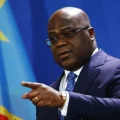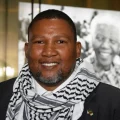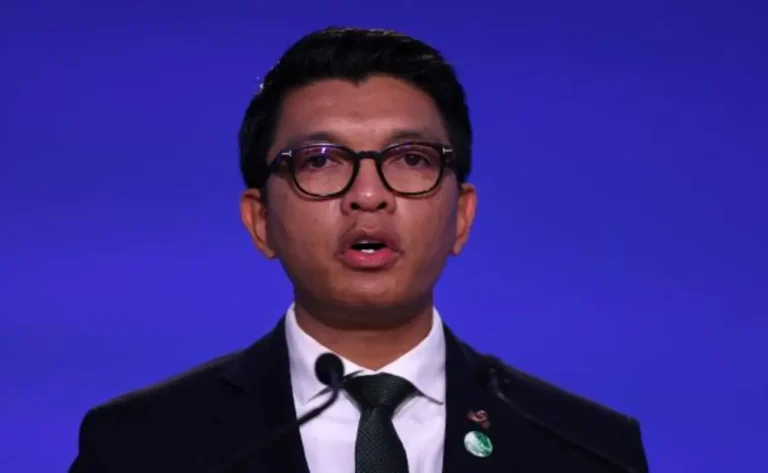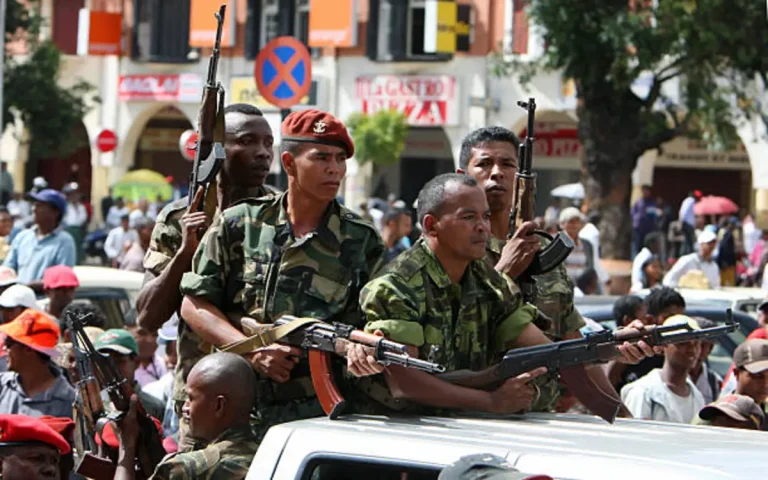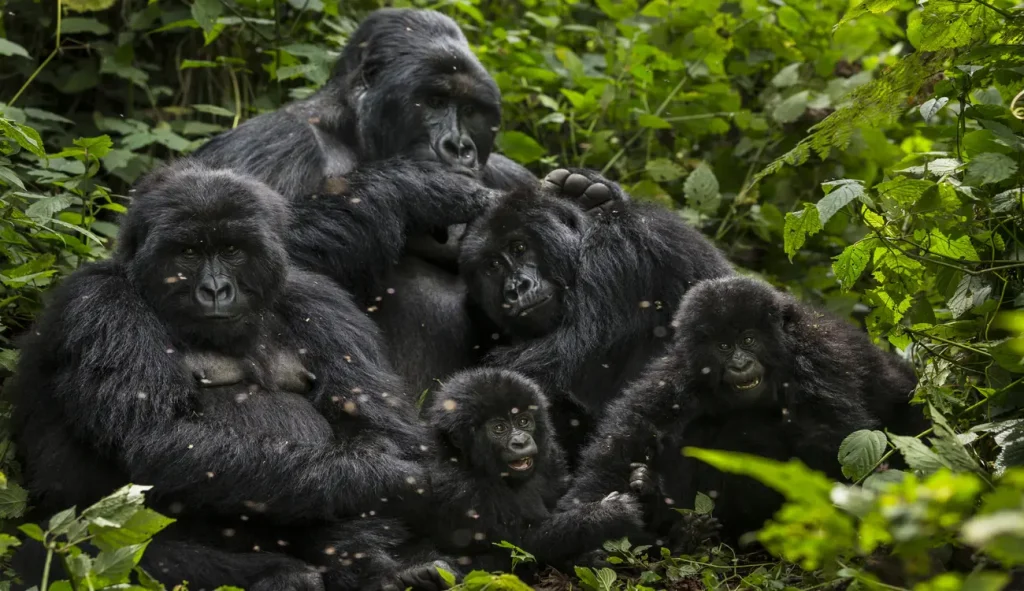
The Bageni gorilla family in Virunga National Park, Bukima, DRC, August 6, 2013, protected by ICCN rangers amid rebel occupation. Brent Stirton Getty Images for WWF-Canon
GOMA, DEMOCRATIC REPUBLIC OF CONGO — April 2025 marks the centenary of Virunga National Park, Africa’s oldest national park and a UNESCO World Heritage Site in eastern Congo.
The milestone comes as rangers and conservationists face renewed threats from conflict, poaching, and disease outbreaks across the park’s vast terrain.
Virunga at 100: A Century of Struggle and Survival
Founded on April 21, 1925, by Belgium’s colonial government, Virunga National Park was the first national park created on the African continent.
The park spans nearly 7,800 square kilometres across North Kivu and Ituri provinces in the Democratic Republic of Congo.
Its landscapes include active volcanoes, glacial peaks, lowland forests, and savannahs that sustain extraordinary biodiversity.
Virunga was declared a UNESCO World Heritage Site in 1979 for its ecological and cultural significance.
Conflict and Conservation at Africa’s Oldest National Park
Virunga has endured decades of armed conflict involving militias, including the M23 group, that continue to threaten wildlife and communities.
In 2025, an anthrax outbreak killed more than 50 hippos and other animals, further straining conservation resources.
Illegal charcoal production and encroachment have affected more than a third of the park’s protected areas, according to conservation monitors.
Despite insecurity, tourism, research, and ranger patrols continue where safety allows, keeping local economies alive.
New Community Projects Powering Conservation
To mark its 100th anniversary, Virunga launched an ambitious conservation and livelihood project centered on handcrafted chocolate gorillas made by local farmers and artisans.
The initiative aims to generate revenue for community projects and reduce dependency on illegal activities near the park’s borders.
“The symbolic importance of the initiative is high,” said park director Emmanuel de Merode, who has led the park since 2008.
Proceeds from chocolate sales are reinvested into education, clean energy, and ranger training programs.
Governance, Funding, and Regional Cooperation
Virunga is managed by the Congolese Institute for Nature Conservation, with major support from international donors and non-governmental partners.
The park’s leadership emphasizes regional cooperation with Rwanda and Uganda to secure the wider Virunga landscape shared by endangered mountain gorillas.
Since 1996, more than 150 rangers have been killed defending Virunga’s boundaries and its species, making conservation a dangerous duty.
De Merode said sustained international funding and local involvement remain vital to prevent further loss of life and biodiversity.
Related: Congo to permanently ban cobalt exporters breaching quotas, President Tshisekedi warns
Virunga is home to roughly one-third of the world’s remaining mountain gorillas and numerous endemic species found nowhere else on Earth.
The park’s hydroelectric projects and eco-tourism initiatives provide clean power and jobs for surrounding communities.
Conservation groups describe Virunga as a “living laboratory” for rebuilding ecosystems amid political instability.
Its survival is viewed globally as a symbol of both Africa’s natural resilience and the human cost of protecting it.
